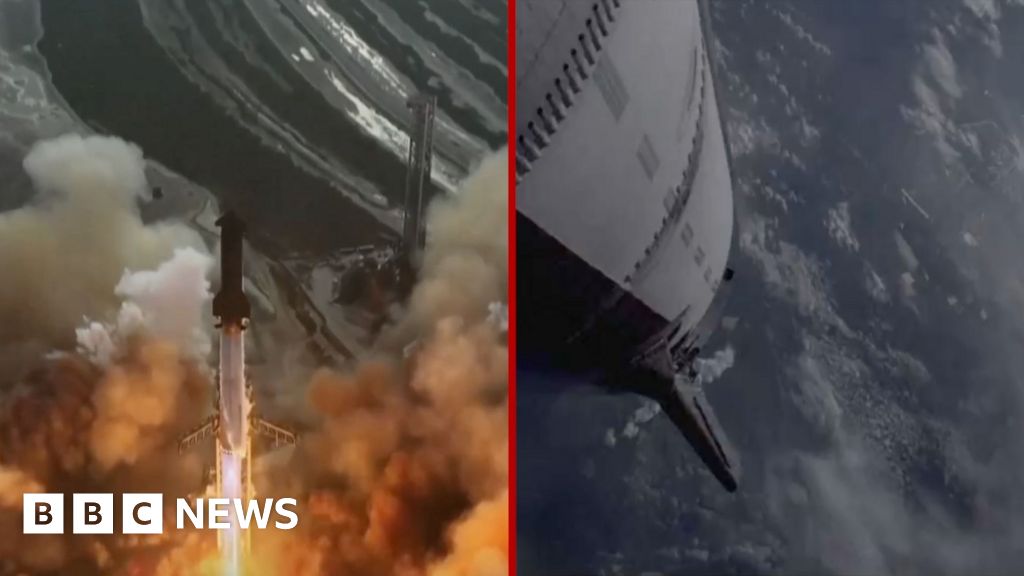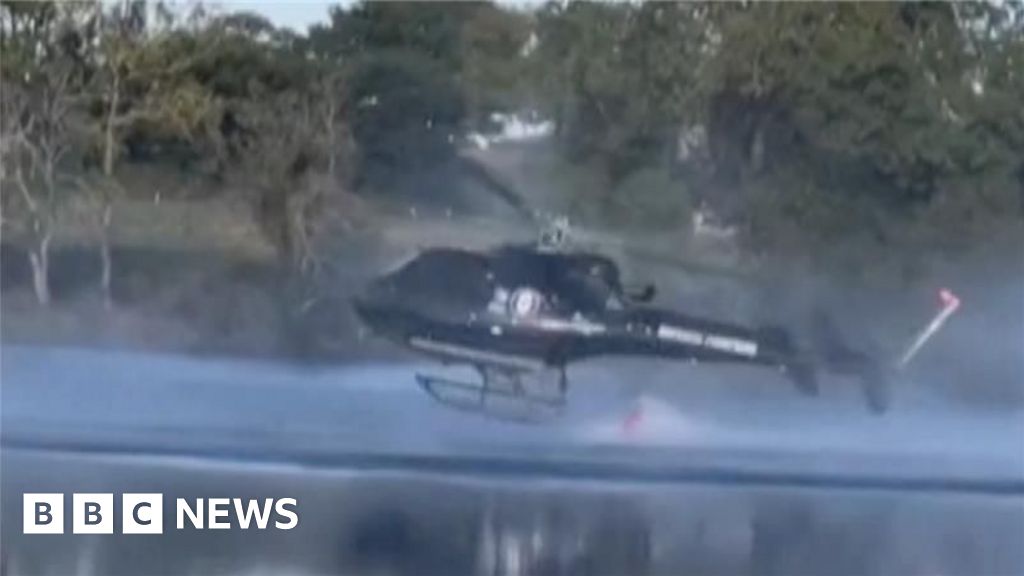In June 2025, a SpaceX rocket explosion at Starbase in Texas has initiated a wave of concern along Mexico's northern coast. Mexican President Claudia Sheinbaum announced that her government is closely examining the implications of the debris from the incident, which occurred during engine testing and rained down on beaches in Tamaulipas. Although no injuries were reported, concerns about environmental damage are mounting.
Sheinbaum stated, “We are reviewing everything related to the launching of rockets that are very close to our border,” underscoring that if any international regulations were breached, legal claims would be filed. This incident adds to ongoing tensions between the U.S. and Mexico over various issues including cross-border migration and local environmental regulations.
Local environmental advocates have voiced alarm over the consequences of the explosion, alleging that the wreckage has caused significant die-offs among marine wildlife including fish, dolphins, and sea turtles. Residents in Matamoros have even reported discovering metallic debris on local shores.
In response to growing public outcry, Tamaulipas Governor Américo Villarreal Anaya confirmed that authorities are assessing whether SpaceX is adhering to necessary international safety distances to mitigate hazards to nearby urban areas. Meanwhile, discussions about the appropriate management of SpaceX launches continue on social media, with many expressing concerns about the environmental impact stemming from corporate ambitions.
Scientists and activists question how much longer the interests of a few individuals, notably Elon Musk, can jeopardize the ecological integrity of a region inhabited by communities that suffer from decisions made from afar. María Elena Álvarez-Buylla Roces, a geneticist, highlighted the broader societal implications, advocating for a challenge to the prevailing power dynamics that allow such risks to persist.
Despite these issues, SpaceX has received recent authorization from U.S. aviation authorities to escalate its Starship licenses to 25 launches annually, leading to further scrutiny about the potential repercussions of its operations across borders. This latest event emphasizes the need for comprehensive regulation in space exploration, where ecological responsibilities must be balanced with technological aspirations.



















